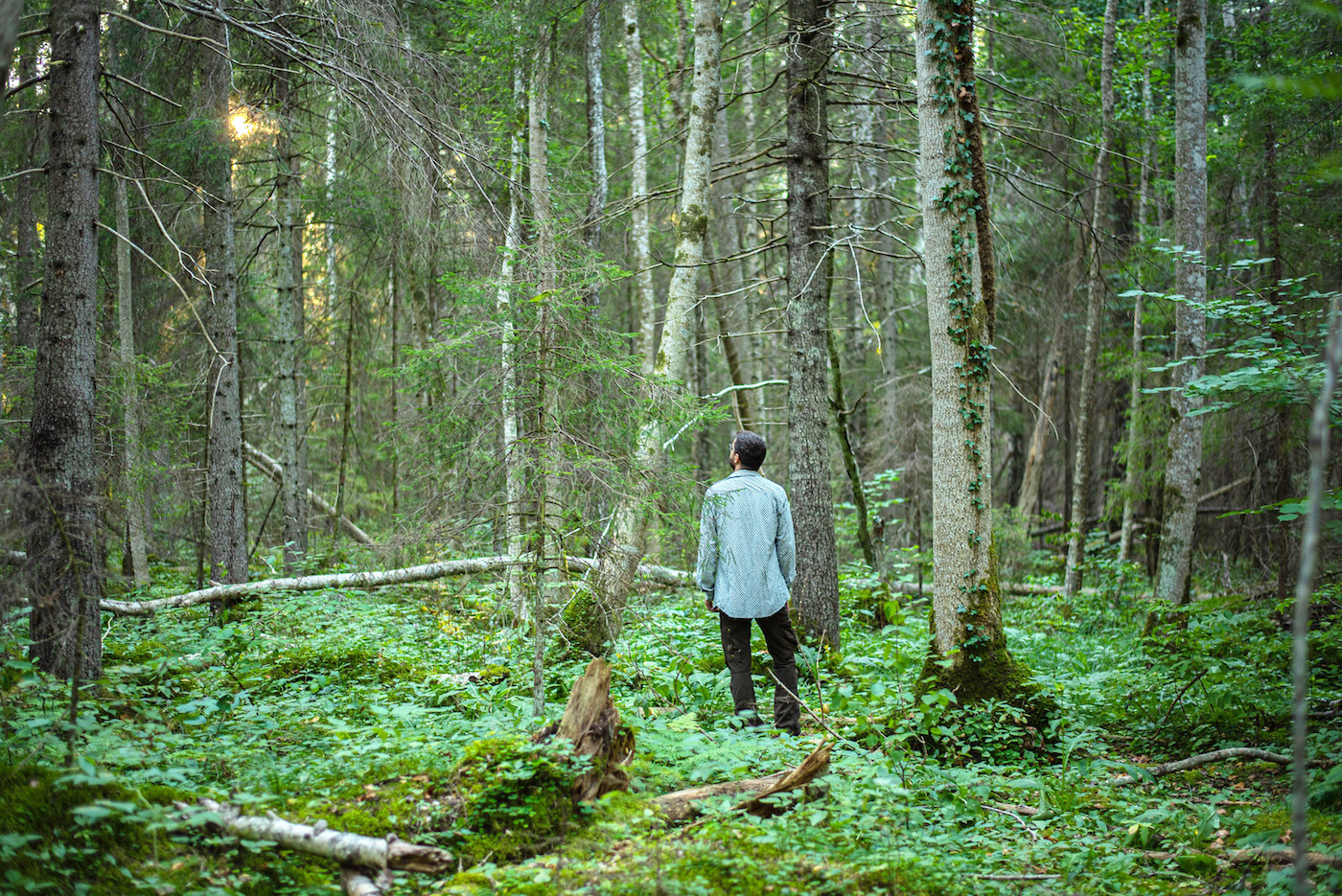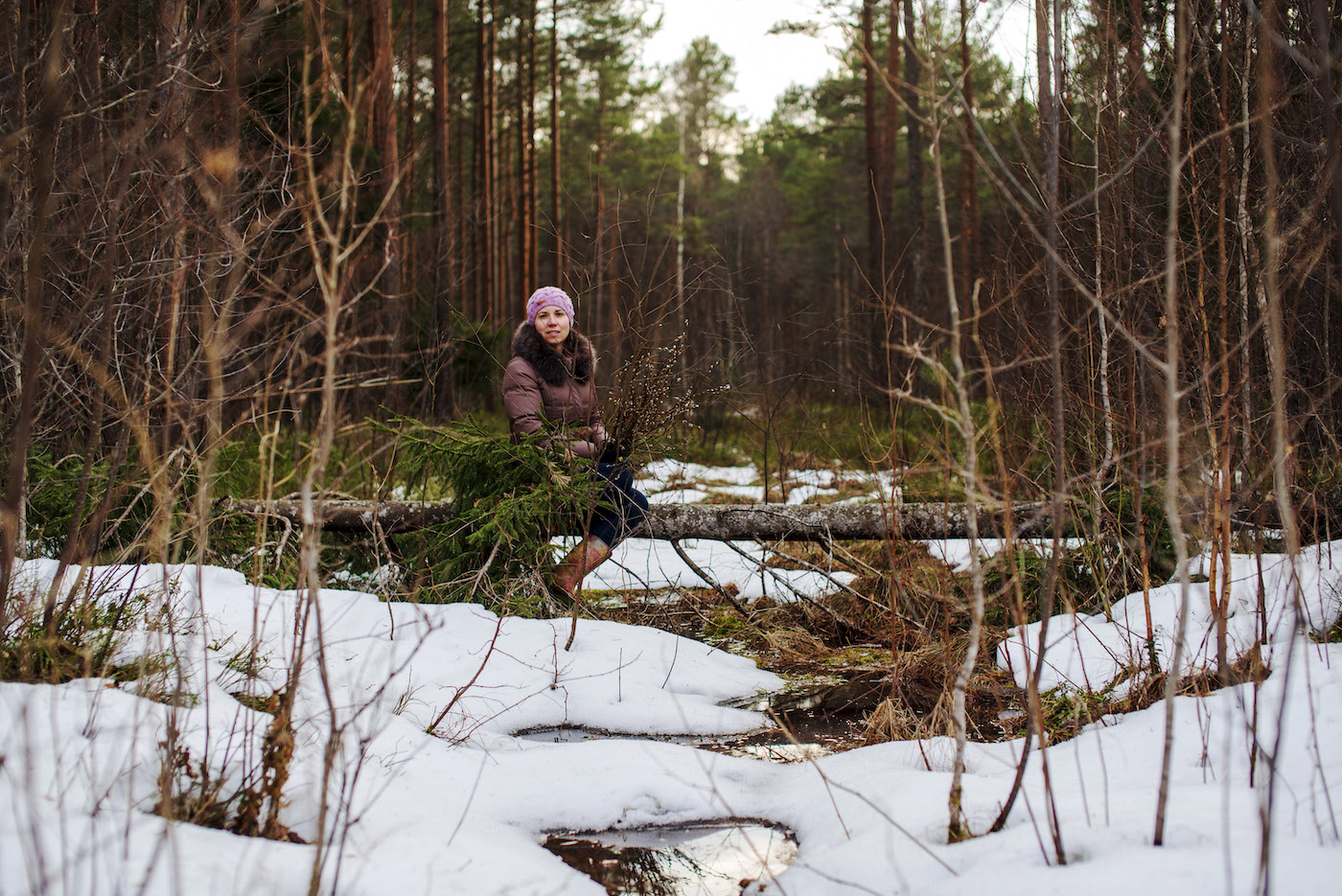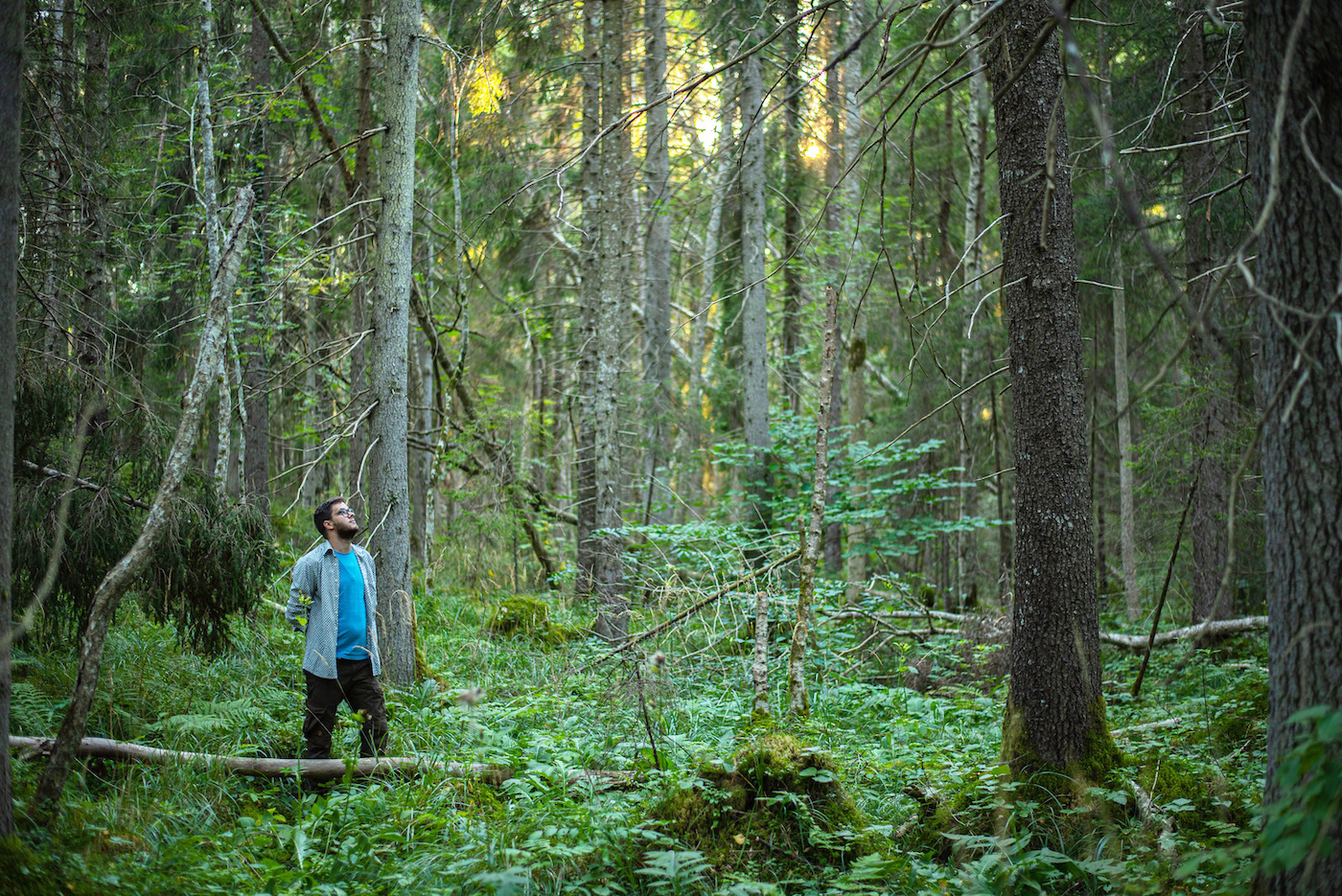One-third of Estonia’s Natura 2000 sites are located on private land, a significant share of which is covered by forests. Private forest owners may apply for subsidies to compensate for the loss of income due to the limited economic activity permitted in protected areas.
The current support scheme is outdated, which is why our project aims to involve private forest owners and the organisations unifying them in the process of modernising support and to give forest owners a more active role to play in planning and implementing nature conservation activities.
Updating the private forestry support system
In the spring of 2021, the Estonian Private Forest Centre (from January 2023 - the Environmental Investment Centre) identified the satisfaction of private forest owners and their wishes for the future, which were linked to the Natura subsidy for private forest land. The results of the survey will be used by the the Environmental Investment Centre and by the Estonian Private Forest Association for a more in-depth study in 2024, with which they will identify problem areas and possible solutions regarding the Natura subsidy.
In co-operation with the Estonian University of Life Sciences, experts prepared in 2023-2024 the methodology for calculating the income lost by the landowner due to the restrictions set for Natura 2000 forest areas (summary in English). The study discusses different options for calculating lost income; in calculations (1) the price for the obligation of toleration based on the severity of the restrictions well as (2) the lost income for wood based on the type and value of the soil are taken into account.
The price calculation is based on State Forest Management Centre price statistics (from September 2023) by tree species and assortments.
Establishment of active measures
The current private forestry support is a passive form of compensation, with which lost income is compensated. However, active measures are needed to improve the condition of many forest habitats.
In order to plan active forestry methods promoting nature conservation, the University of Tartu organised brainstorming sessions in the spring of 2021 under the leadership of Professor Asko Lõhmus. Discussions took place over which integrated activity or technique would be affordable for a private forest owner in Estonia and would solve nature conservation problems to a significant extent.
In order to better describe the activities, private forest owners were divided into four groups on the initiative of Maie Kiisel, a social scientist at the University of Tartu, and when proposing the measures, thought was given to ensuring that the needs of each specific group were met.
The brainstorming sessions resulted in 16 active nature conservation measures and four passive, more conserving measures.
During 2022 and 2023, project experts will test a variety of active forest management measures and assess the capacity of forest owners, forest cooperatives, and forestry enterprises to implement them. The final report will be completed by 2024.


